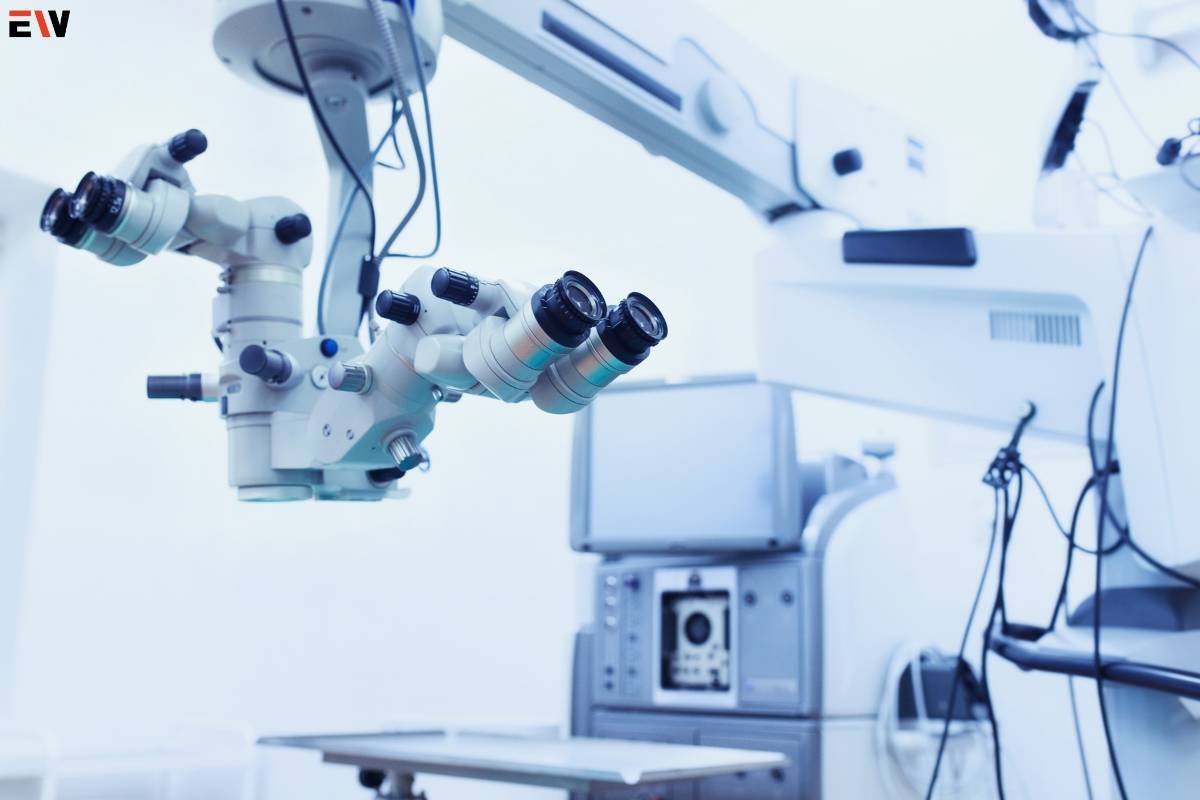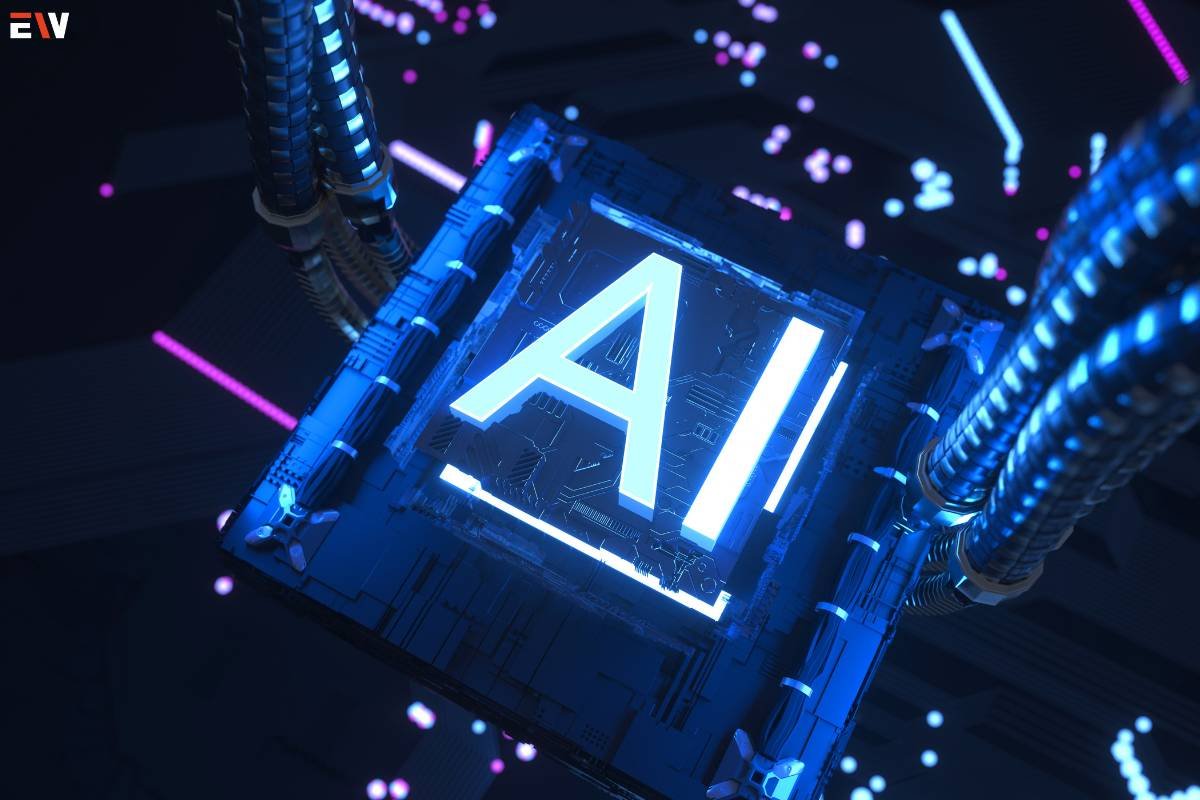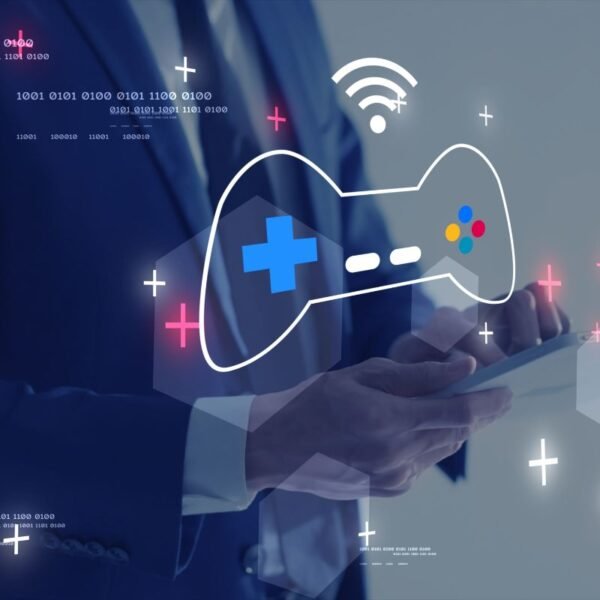In the rapidly evolving landscape of healthcare, the marriage between artificial intelligence (AI) and personalized medicine has ushered in a new era of patient-centered care. Personalized medicine, an approach that tailors medical treatment to individual characteristics, is being transformed by AI, enabling healthcare providers to make more accurate diagnoses, predict disease outcomes, and prescribe targeted treatments. This synergistic relationship between AI and personalized medicine holds the promise of revolutionizing healthcare by enhancing patient outcomes and reducing the burden on healthcare systems.
The convergence of cutting-edge technology and the intricacies of human biology has led to a remarkable transformation in how healthcare is approached. As we delve deeper into the intersection of AI and personalized medicine, a myriad of opportunities arise to provide patients with tailored solutions that were once the stuff of science fiction. The amalgamation of data-driven insights and individual patient needs is setting the stage for a healthcare revolution that is as exciting as it is impactful.
Here is how artificial intelligence is revolutionizing personalized medicine?
1. The Power of Data

Central to the advancement of personalized medicine is the availability and analysis of vast amount of data. Genomic information, clinical records, imaging data, and even lifestyle factors all play a crucial role in creating a comprehensive understanding of an individual’s health profile. However, sifting through this deluge of data and extracting meaningful insights is a monumental challenge. This is where AI steps in.
AI algorithms are capable of processing and analyzing massive datasets with unprecedented speed and accuracy. Machine learning, a subset of AI, can identify subtle patterns in the data that might be missed by human analysis alone. This capability enables healthcare professionals to develop a more precise understanding of each patient’s unique health status and predict potential disease risks.
2. Genomic Medicine and AI
Genomics, the study of an individual’s genetic makeup, has unlocked a treasure trove of information for personalized medicine. AI algorithms excel at deciphering complex genetic data, identifying genetic mutations associated with various diseases, and predicting an individual’s susceptibility to certain conditions. By analyzing a person’s genetic profile, AI can identify potential health risks and tailor preventative measures and treatment plans accordingly.
For example, in cancer treatment, AI-driven genomic analysis can determine the genetic mutations driving a patient’s tumor. This information enables oncologists to prescribe targeted therapies that attack the cancer cells at their genetic roots, minimizing side effects and maximizing effectiveness.
3. Diagnostic Accuracy
AI’s prowess in image recognition has significantly enhanced diagnostic accuracy in personalized medicine. Medical imaging, such as MRI, CT scans, and X-rays, generate vast amounts of visual data that can be challenging to interpret comprehensively. AI algorithms trained on large datasets can quickly analyze these images, identifying anomalies and patterns that might indicate the presence of a disease.

In the case of radiology, AI-powered algorithms can aid in the early detection of diseases like cancer, enabling timely interventions. These algorithms learn from a multitude of images, allowing them to recognize subtle variations that might be indicative of abnormalities. The result is faster, more accurate diagnoses that empower healthcare providers to make informed decisions about personalized treatment plans.
4. Predictive Analytics
One of the most groundbreaking applications of AI in personalized medicine is predictive analytics. By analyzing historical patient data, AI algorithms can predict disease outcomes and even anticipate potential complications. This proactive approach allows healthcare providers to intervene before a condition worsens, leading to improved patient outcomes and reduced healthcare costs.
For chronic diseases like diabetes, AI can process data from wearable devices and monitoring systems to predict blood sugar fluctuations. This empowers patients to make informed choices about their lifestyle and treatment options, reducing the risk of severe complications.
5. Drug Discovery and Development
Traditional drug discovery and development processes are lengthy and resource-intensive. However, AI has transformed this landscape by accelerating the identification of potential drug candidates. Machine learning algorithms can analyze vast chemical and biological datasets to predict how molecules might interact with the human body. This enables researchers to identify promising compounds for further study, ultimately expediting the drug development process.
Furthermore, AI can optimize clinical trial designs by identifying the most suitable patient populations for testing. This targeted approach not only reduces trial costs but also enhances the likelihood of successful outcomes.
6. Ethical and Regulatory Considerations

While the integration of AI and personalized medicine holds immense potential, it also raises important ethical and regulatory questions. Safeguarding patient data privacy, ensuring transparency in algorithm decision-making, and maintaining equity in access to AI-driven healthcare are critical concerns. Regulatory bodies must adapt to the fast-paced nature of AI innovation to establish guidelines that ensure patient safety and equitable treatment.
Conclusion
The convergence of artificial intelligence and personalized medicine marks a paradigm shift in healthcare. AI’s ability to analyze vast datasets, predict disease outcomes, enhance diagnostic accuracy, and expedite drug development has the potential to transform patient care on a global scale. As technology continues to evolve, healthcare providers, researchers, and regulatory bodies must collaborate to harness the full potential of AI in personalized medicine while addressing ethical and regulatory challenges. The ultimate goal is to provide truly patient-centered care that is tailored to each individual’s unique needs, improving health outcomes and quality of life for countless individuals around the world.
In conclusion, the symbiotic relationship between AI and personalized medicine represents a watershed moment in the realm of healthcare. With its capacity to mine and analyze immense volumes of data, AI serves as a guiding light in a complex sea of information. As AI algorithms grow more sophisticated and efficient, the landscape of personalized medicine will be redefined, culminating in a future where treatments are tailored with exquisite precision. By leveraging the power of AI, the healthcare sector can transcend the limitations of traditional medicine, offering patients a brighter, healthier, and more personalized tomorrow.









